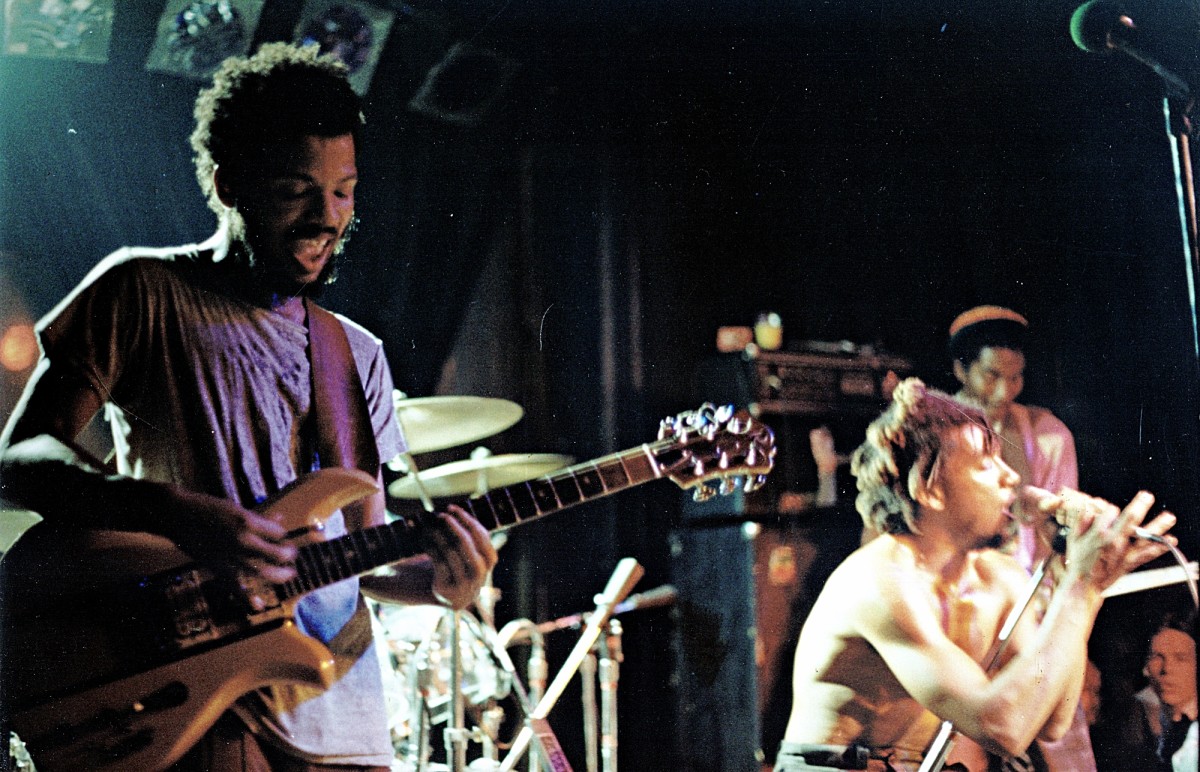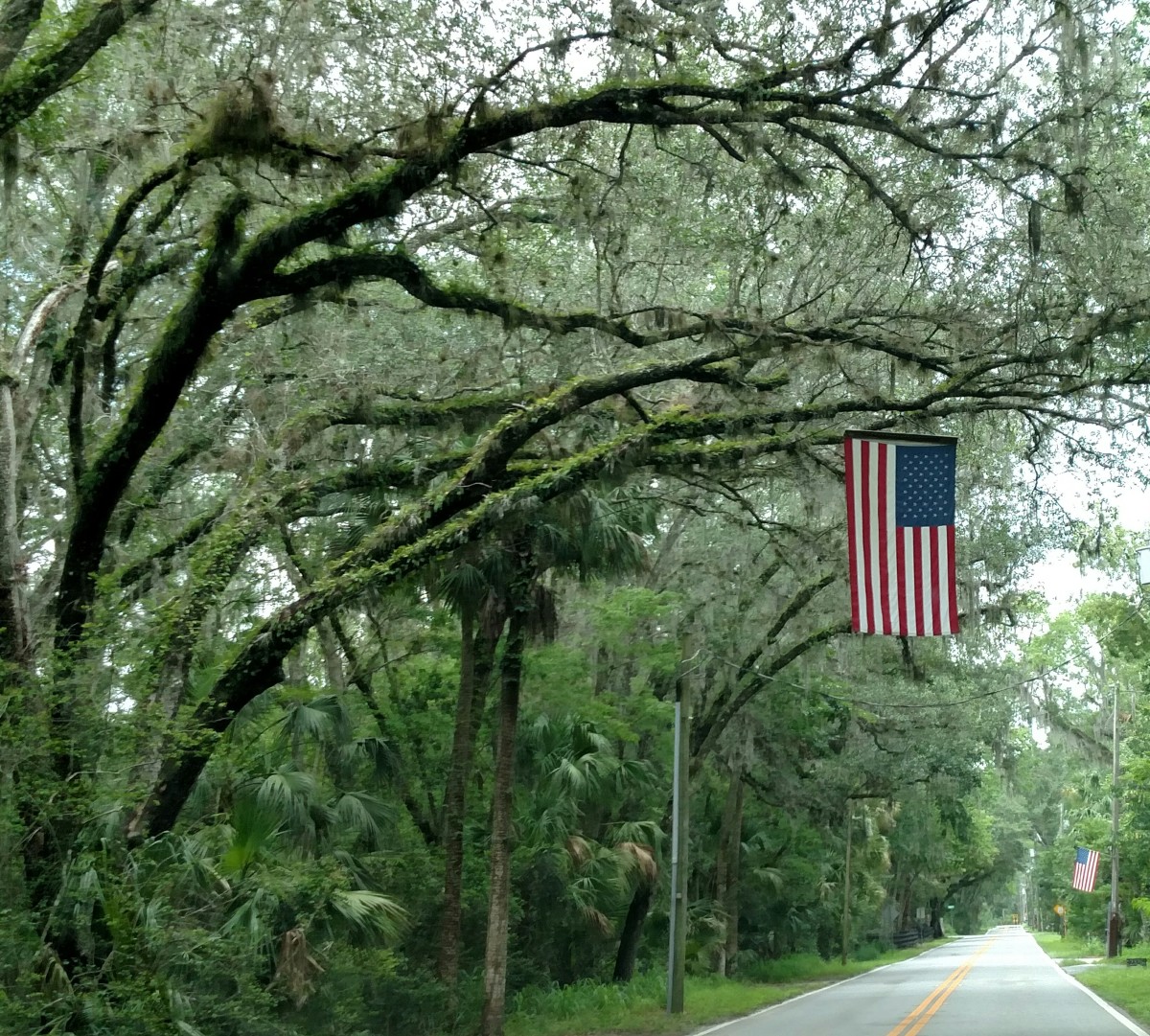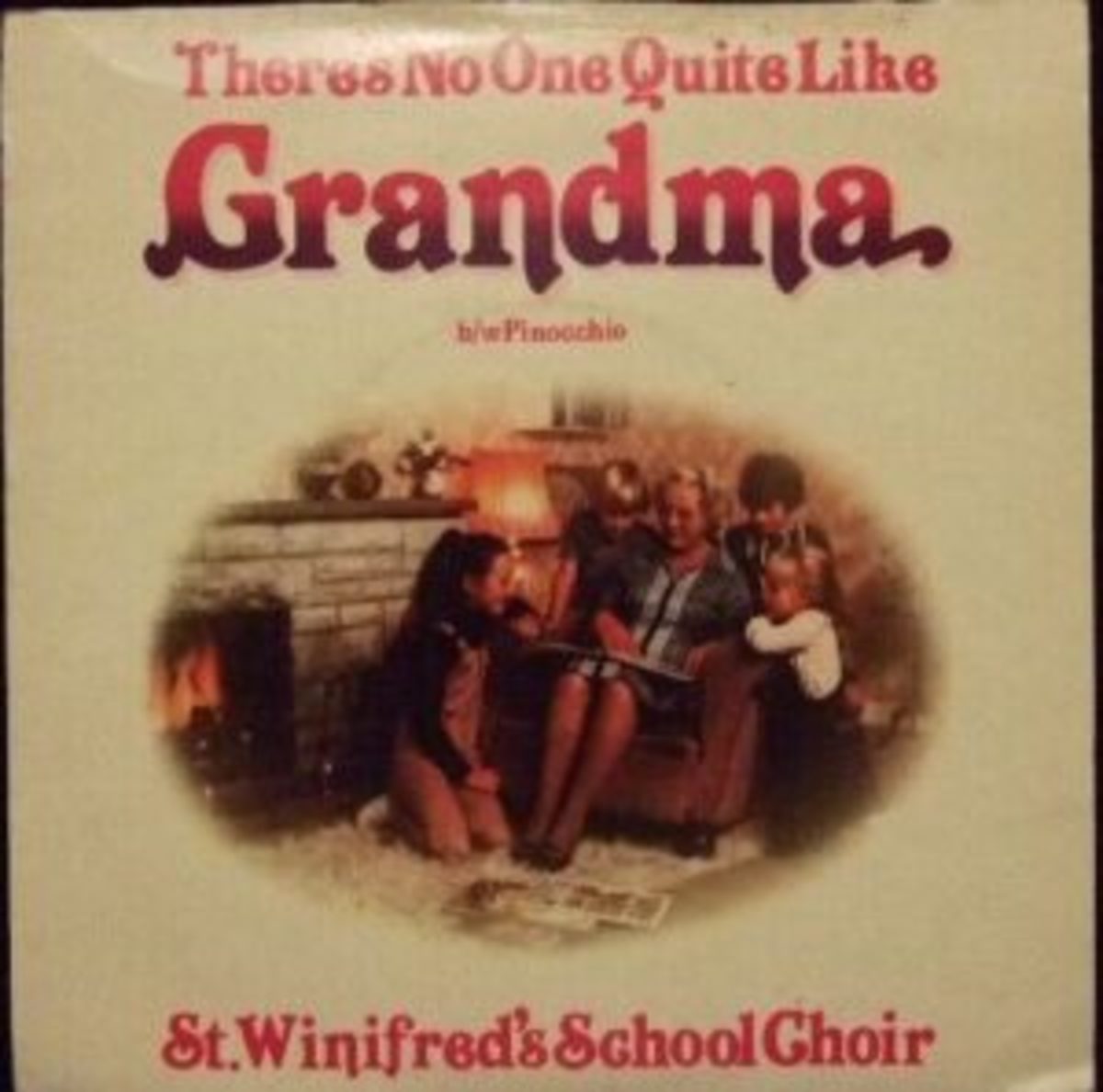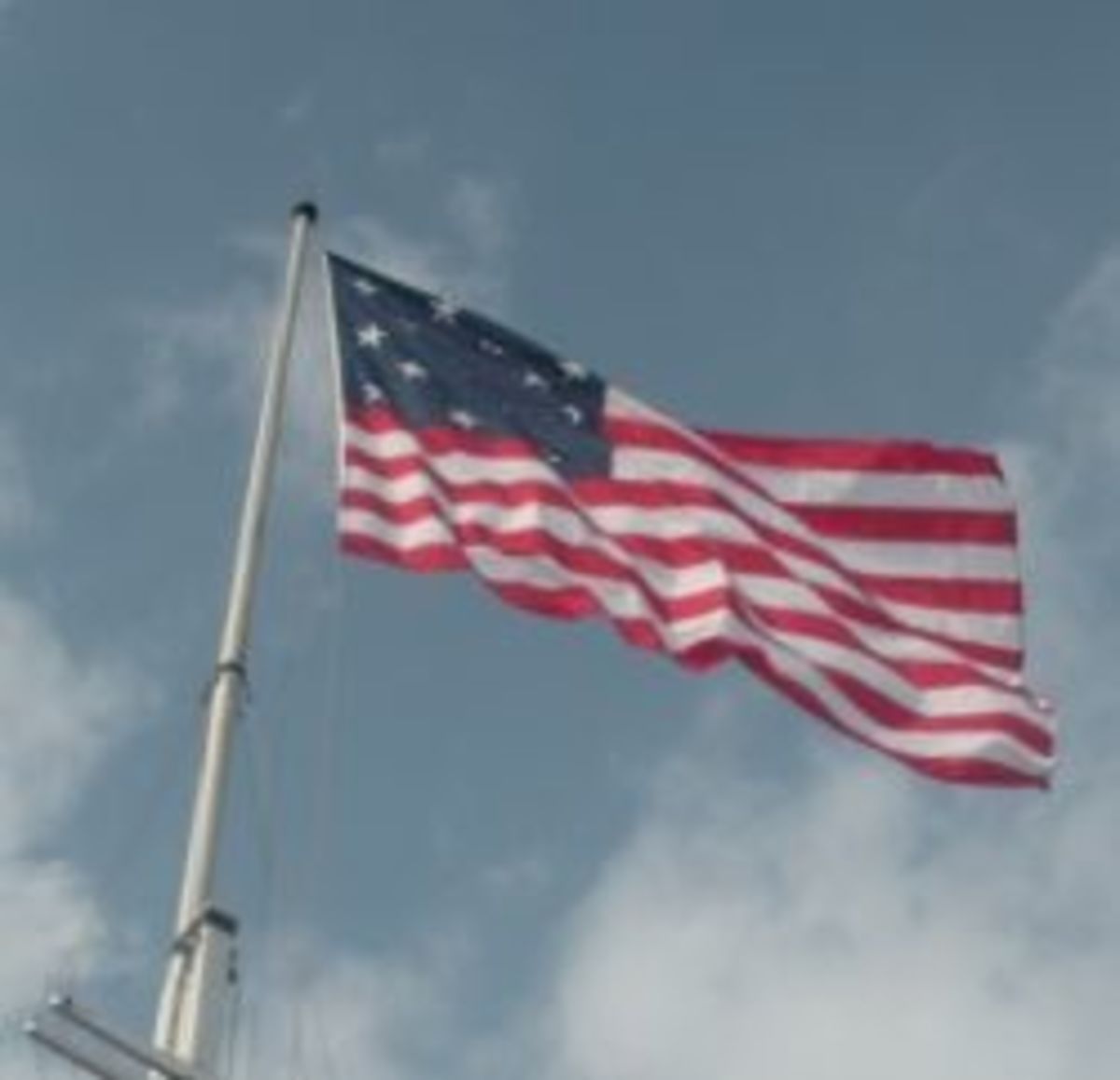The Sex Pistols: God Save The Queen
God Save the Queen Cover Art
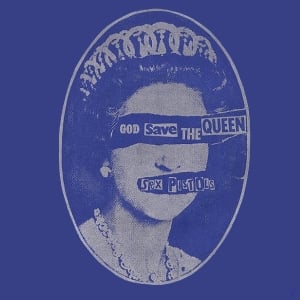
The Sex Pistols
In two and a half short years the British punk band the Sex Pistols caused moral outrage, challenged the establishment and inspired a generation of musicians. One of the highlights of their brief career came in 1977, the year of the Queen's Silver Jubilee. Whilst many of the Queen's subjects were getting ready to celebrate with a holiday and street parties, the Sex Pistols were busy recording a new song. There was going to be nothing deferential about their new release; this song was designed to shock and it succeeded. The Sex Pistols irreverent version the National Anthem was received with glee by many disaffected teenagers, but many of their parents were apoplectic with rage. This is the story of how the Sex Pistols' second single came close to bursting the Queen's Silver Jubilee bubble.
God Save the Queen: The National Anthem
"God Save the Queen" (or King, when there is one) has been the National Anthem of Great Britain and Northern Ireland since the eighteenth century. The words were written by Thomas Arne, the music appears to be based on traditional compositions. Usually, only the first two verses are sung and it's rare these days that anyone knows the words beyond the first verse without having to read it.
God Save the Queen, Rotten Style
According to John Lydon, aka Jonny Rotten, he wrote his lyrics for God Save the Queen in one sitting whilst sitting at his kitchen table waiting for a pan of baked beans to heat up. The idea hadn't just come to him, he had been rehearsing it in his head for some time. His aim was quite deliberately to shake up the old British notions of deference and forelock tugging. Lydon wanted to confront the Establishment, wanted to irritate and discomfort them. His rant was a call to arms for the youth of the times to do likewise, and they did.
God Save the Queen T Shirts and Album
God Save the Queen: Gloriously Offensive
The official National Anthem is, of course, a glorification of the monarchy. Lydon's version was precisely the opposite. The Sex Pistols' song claimed that the Queen "ain't no human being" and likened Britain to a "fascist regime". That was probably all most people needed to hear to decide that the song was an outrage. There were, and still are, people who believe that the Sex Pistols committed an act of treason by releasing the single.
While the rest of the country celebrated the day of the Silver Jubilee in genteel style, the Pistols fuelled the fire surrounding their single by taking a cruise along the River Thames (in a boat named "The Queen Elizabeth") and blasting out the song outside the Houses of Parliament. When they docked they were met by the police who arrested several of the band's friends and crew.
However, God Save the Queen was more than a simple attack on the Queen. Lydon wanted to go further than just express resentment of the Establishment and the Monarchy, he wanted to stand up for the British working classes. The repeated refrain "no future, no future" was a reflection of the predicament faced by young working class people. They got it, even if their parents didn't.
One Single, Two Releases
There were two releases of God Save the Queen. The Sex Pistols originally signed to A&M records and a small number of singles were pressed. Later they signed to Virgin Records. If you own an original A&M disc, you are very lucky as they are amongst the most valuable records you can own, fetching up to £13,000 if in mint condition. If you own a Virgin single, well, just enjoy the music!
Why Didn't The Single Reach No.1?
In some ways, it was a miracle that the record ever reached the shops. Allegedly, some factory workers were so offended by the title of the song that they refused to package the records and threatened a strike. However, when the single was finally released on 27th May 1977 it sold rapidly and the song climbed the UK charts. The New Musical Express charts had the record at Number One, but in the official UK SIngles Chart it only ever reached Number Two.
The failure of the Sex Pistols to show up on the top spot led to accusations that the BBC, who oversaw the charts, had rigged it so that the Pistols remained in second place. The BBC had certainly banned the song from being played on their radio stations and TV channels, as had the Independent Broadcasting Authority, so they clearly had reason to want the song fail.
God Save the Queen Artwork
Jamie Reid produced several designs for the cover of the single. Several images were based around a Cecil Beaton portrait of the Queen defaced with swastikas, a safety pin through her nose and writing across her face. The design that appeared on the cover of the single, which was less offensive than others, is considered as one of the most iconic images of the punk era.
God Save the Queen - Video
The Diamond Jubilee Re-release
2012 sees the Queen's Diamond Jubilee. It's 35 years since her Silver Jubilee and the release of the Sex Pistols' God Save the Queen. In April 2012 it was announced that the single would be re-released with the intention of getting it to Number One in the charts. One person was not amused: John Lydon. He quickly issued a statement distancing himself from the campaign, saying that it "undermines what the Sex Pistols stood for". Perhaps he understands that his work is done; Britain has changed.
In 1977 Britain was a very different place. We were a deferential society, we were easily shocked and the Sex Pistols are part of the reason we have changed. Nowadays, God Save the Queen is almost irrelevant. In the 35 years since it was released we have become comfortable with challenging our Queen and the Royal Family.
After Diana, Princess of Wales' death in 1997 the media and public were vocal in their condemnation of the Queen for her failure to mourn Diana's death in a manner that they felt was appropriate -it was implied that she was no human being! The Queen was forced to bow to public pressure.
As for the song itself, despite some forthright opinions, it has none of the violence, sexism or profanity that frequently appear in modern music. What it hasn't lost is its vitality and raw energy. Will I be buying it? I don't need to, we've had a vinyl copy of Never Mind the Bollocks (the Pistols' only album) for years. Should you? Why not, it's fantastically vibrant piece of Britain's history.


